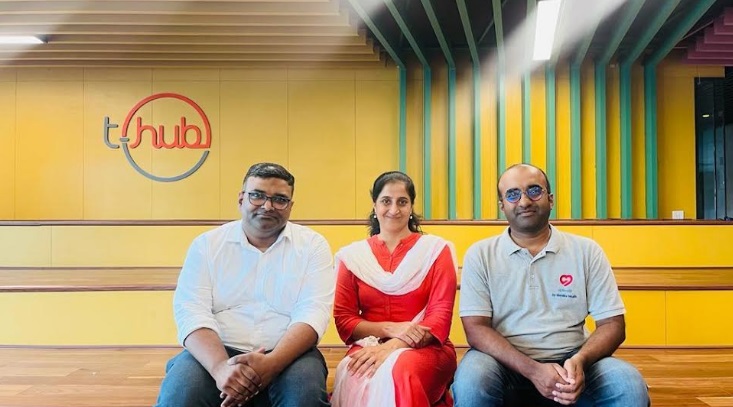SQ helps students to establish a connection with grassroots and is essential for standing out and excelling in leadership roles. (Credits: MET Institute of Management)
MBA students want more than just intelligence and strong marks in the fast-paced corporate world of today. They must also have strong interpersonal skills and be able to function in groups. MBA programs typically concentrate on problem-solving and data analysis, but today’s companies need executives who can manage teams, communicate effectively, and empathize with a variety of individuals.
MBA students who transition into leadership positions must perform critical tasks like leading teams and reaching significant judgments. Because of this, developing strong interpersonal skills and a high Social Quotient (SQ) are crucial for creating effective leaders. It assists MBA students in developing into well-rounded leaders who have the ability to positively influence both their organizations and society at large.
Understanding various cultures is extremely crucial in the globalized corporate environment of today. High SQ MBA students are able to collaborate well in teams with individuals from diverse backgrounds and are able to recognize and appreciate cultural differences. All things considered, having a high SQ is essential to success in business and goes beyond simply being gregarious or extroverted. A leader with a high SQ not only improves the work environment in their organizations, but also contributes to a better society overall.
I think that social skills are more than just people skills or soft skills. It includes a wide range of skills, such as inclusion, empathy, teamwork, and collaboration.
Strong social intelligence (SQ) is necessary to stand out in today’s competitive work market and succeed in leadership positions. SQ is more than just interpersonal communication skills and emotional intelligence. It is about possessing a wide range of abilities that enable you to collaborate effectively with people and lead effectively. SQ is the capacity to empathize with others, ensure that all individuals feel valued, and adjust to varying circumstances and viewpoints. It also involves having strength, integrity, humility, and the capacity to uplift and inspire people.
Additionally, being socially conscious and making decisions that benefit others as well as yourself are traits of SQ. SQ is really about being an exceptionally good leader who values people and improves society.
Additionally, the growth of SQ among MBA students creates a crucial link with the base of the social pyramid, the grassroots, and the ground level of society. MBA students get insights into possibilities and challenges that arise in the real world by knowing and interacting with certain sectors of the population. This relationship makes it easier to make morally sound business decisions that benefit the organization and advance society as a whole. MBA graduates may promote inclusive growth and sustainable development by incorporating the viewpoints of underprivileged communities and taking their needs into account in corporate plans. Therefore, developing the SQ of MBA students involves encouraging a group effort to build a more just and prosperous future for everyone, in addition to focusing on individual achievement.
Additionally, MBA students who cultivate SQ create a practice of contributing to society, which has a positive impact on both their own growth and the world at large. MBA students gain empathy, a sense of social responsibility, and a generosity of spirit when they interact with communities and comprehend their needs through social activities. These attributes not only strengthen their character but also mold them into kind leaders who put the well-being of others before their own financial gain. MBA students enrich their social capital (SQ) and advance the common good by actively engaging in programs like volunteer work, community service, and socially conscious corporate practices. In the end, developing the practice of giving back to society gives MBA students a wider viewpoint, deepens their comprehension of the world, and gives them the ability to meaningfully contribute to the creation of a society that is more just and equal for all.
Ramesh Bais, the governor of Maharashtra, has commended the MBA students of MET’s Institute of Management, Bhujbal Knowledge City, Nashik, for their significant social endeavors. This is a noteworthy demonstration of social responsibility and community participation. As part of the “MET CARE – Together We Rise” projects, these students have shown a remarkable dedication to bringing about positive change in Nashik.
Governor Bais praised the students’ work, pointing out two particularly noteworthy projects: “Traffic Transform: Empowering Nashik for AmritKaal Mission” and “Empowering Nashik: Our Journey of Social Change.” Many students were involved in solving urgent social and traffic-related concerns through these efforts, demonstrating the students’ commitment to the welfare of the community.








